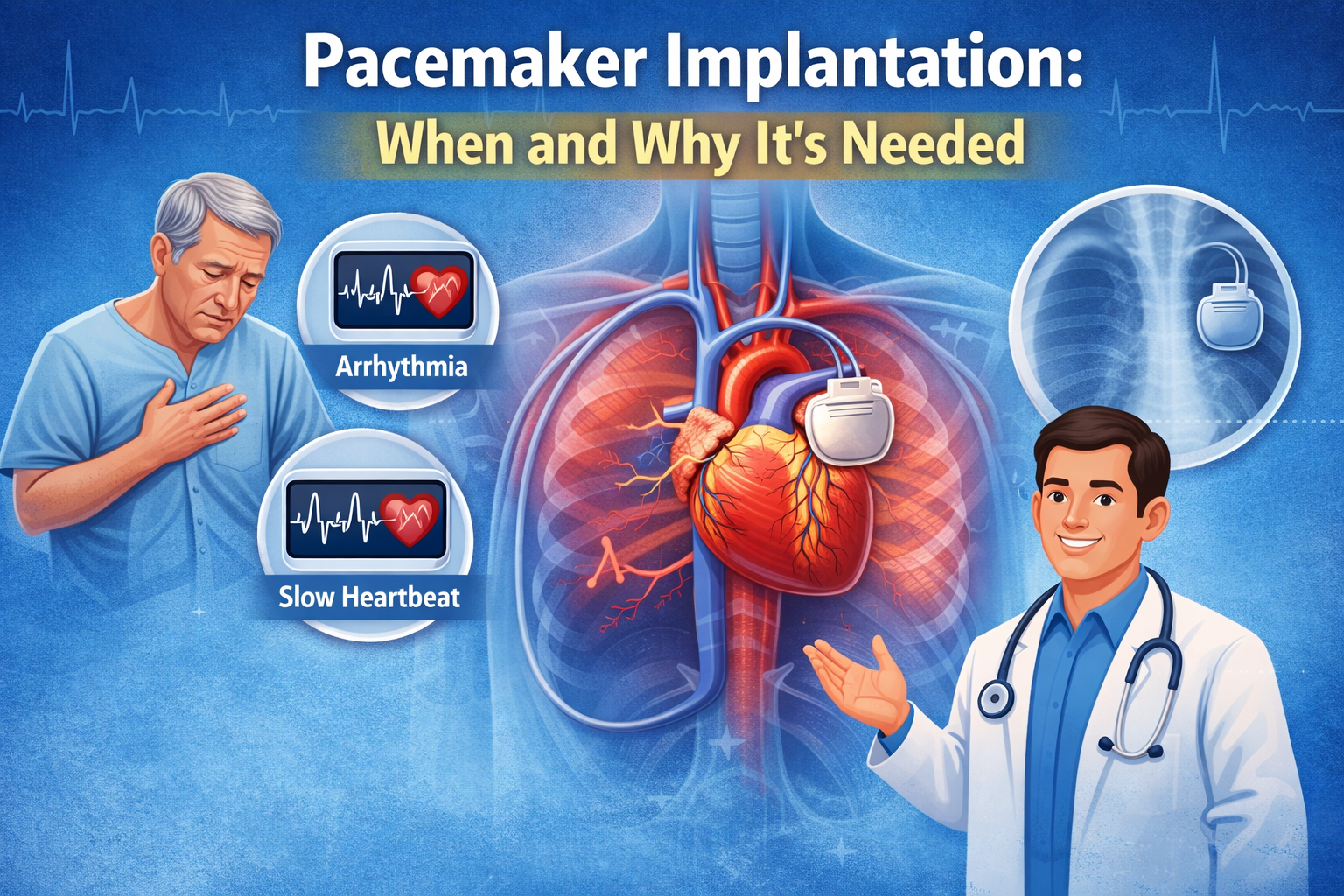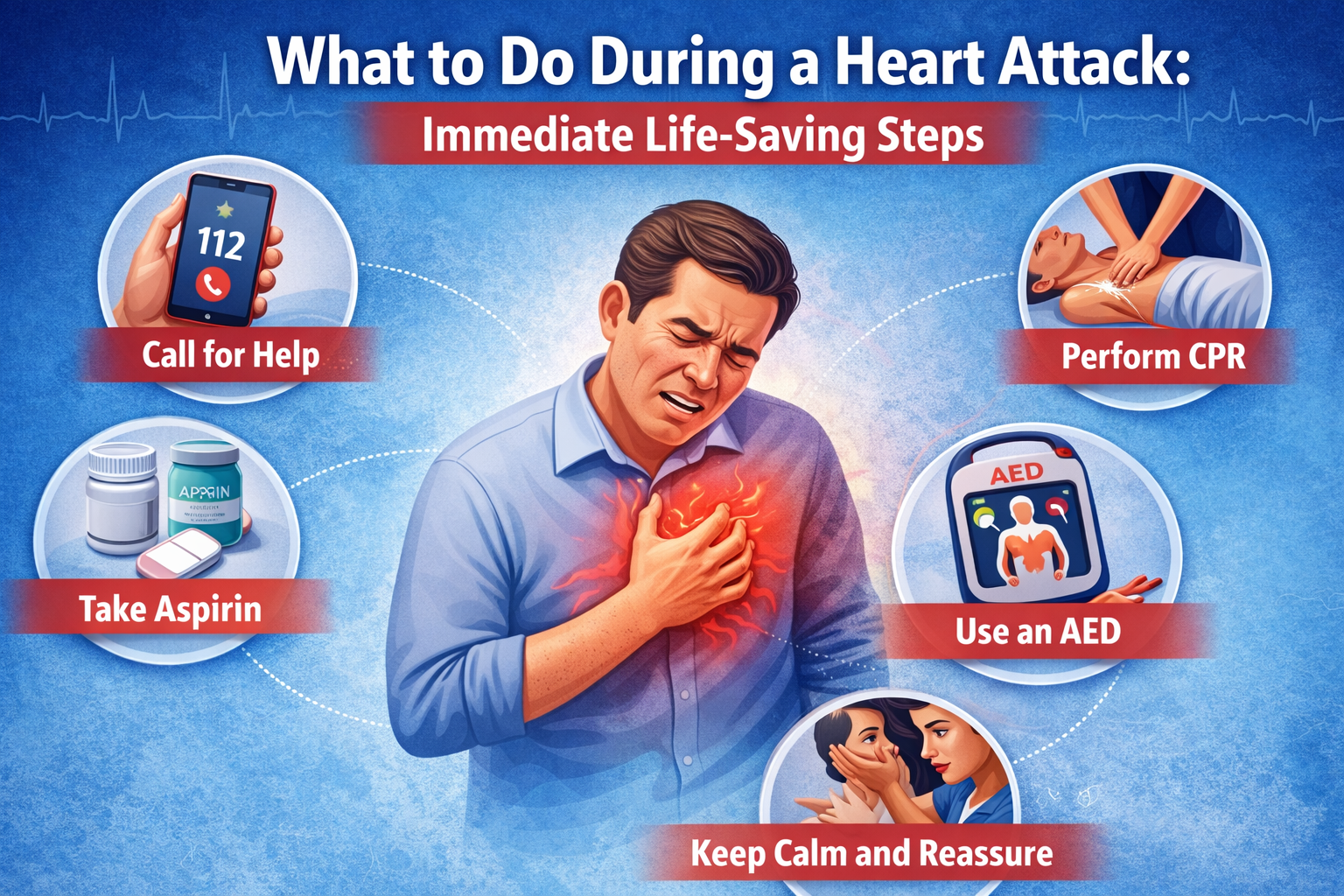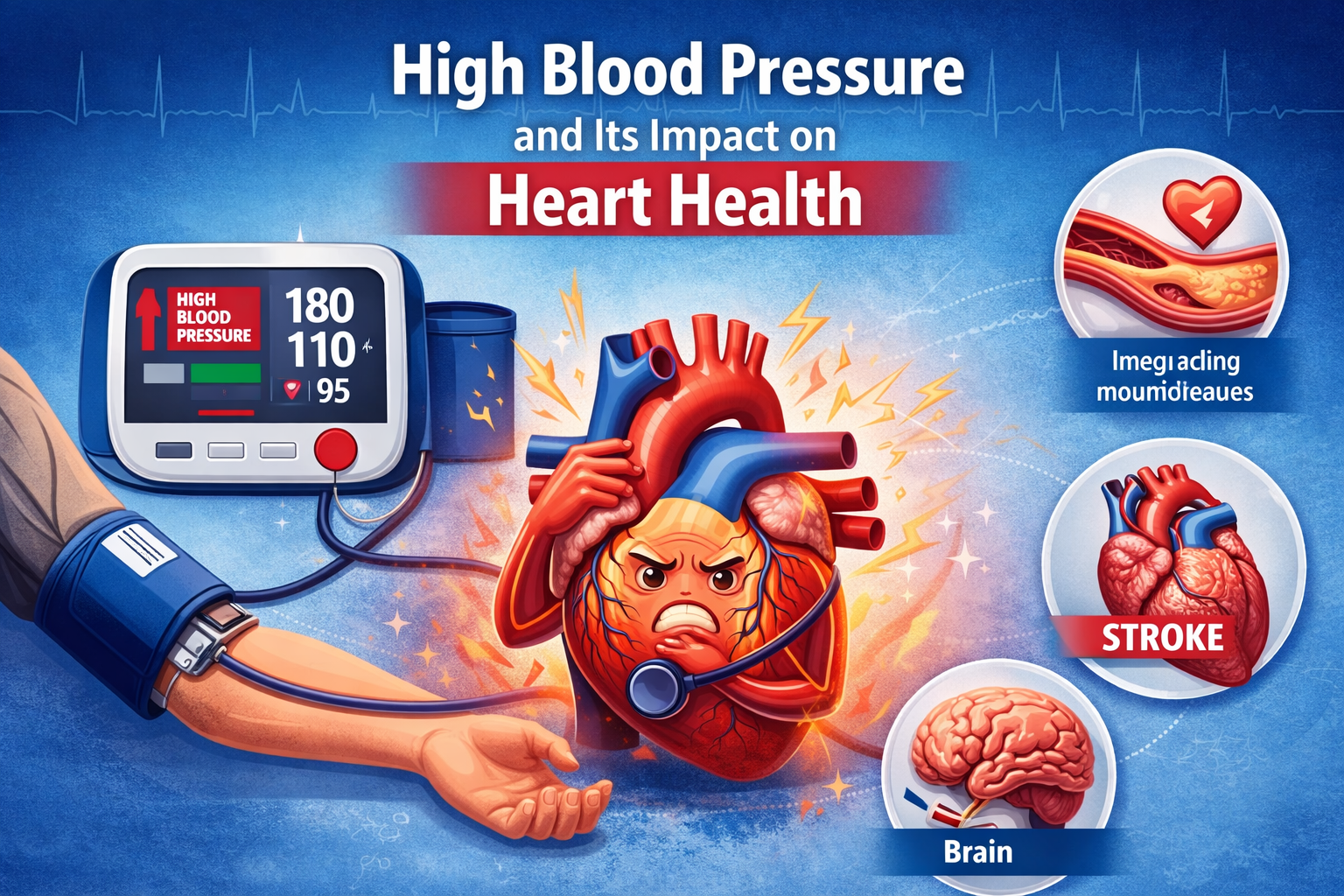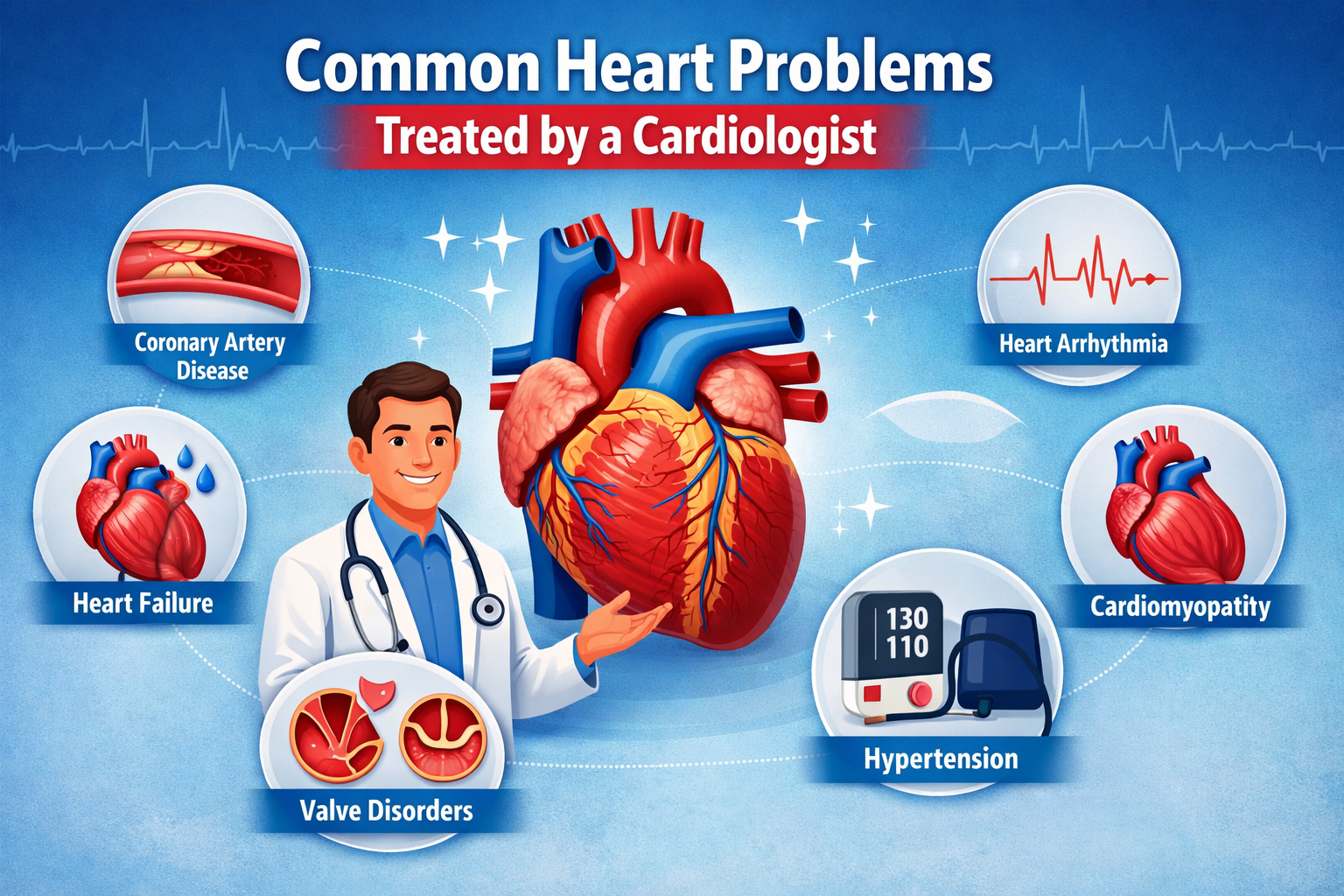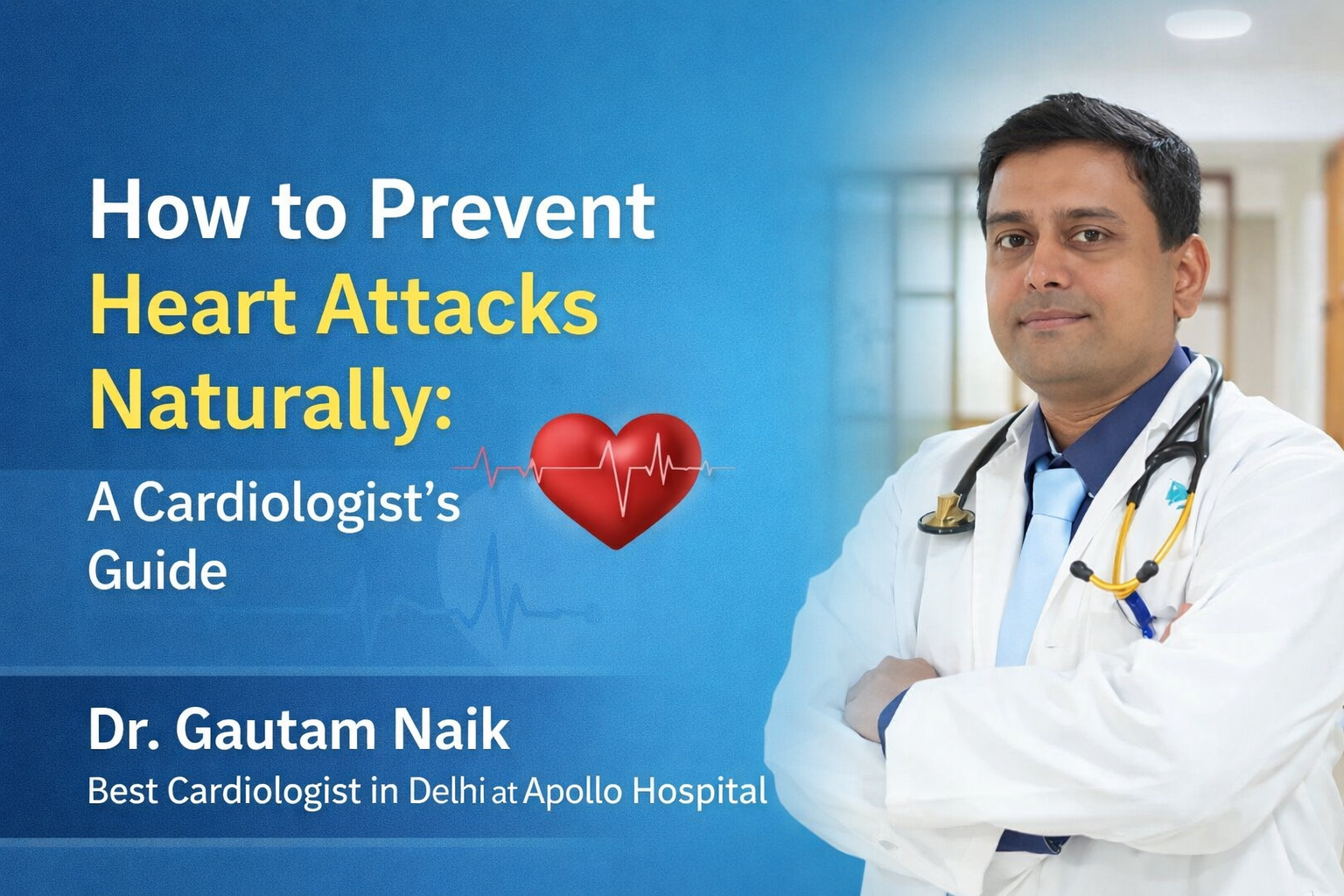Heart CT Scan: Purpose, Procedure & Risks

In today’s fast-paced world, heart health often takes a back seat to our busy schedules. However, with the rising prevalence of heart diseases, diagnostic tools like Heart CT scans have become critical in ensuring timely intervention and treatment. In this blog, we will explore the purpose, procedure, and risks of a Heart CT scan. Additionally, we’ll highlight why Dr. Gautam Naik is considered the best heart specialist in Delhi/NCR for comprehensive cardiac care.
What is a Heart CT Scan?
A Heart CT (Computed Tomography) scan, also known as a cardiac CT scan, is a non-invasive imaging test that helps in obtaining detailed pictures of the heart and its blood vessels. It uses X-rays and advanced computer technology to detect blockages, structural abnormalities, or other conditions that could lead to heart complications.
Purpose of a Heart CT Scan
A Heart CT scan is performed to:
- Detect Coronary Artery Disease (CAD): It identifies the presence of plaque build-up in the coronary arteries, which may restrict blood flow and increase the risk of heart attacks.
- Assess Heart Anatomy: The scan provides detailed images of the heart’s structure, including its chambers, valves, and blood vessels.
- Evaluate Chest Pain: It helps determine whether chest pain is related to heart problems or other conditions.
- Preoperative Assessment: Before undergoing surgeries, especially cardiac procedures, a Heart CT scan is used to evaluate the overall condition of the heart.
- Monitor Stents or Bypasses: The scan assesses the status of previously placed stents or bypass grafts.
- Calcium Scoring: A special type of Heart CT, called a coronary calcium scan, measures the amount of calcium in the coronary arteries, which is a marker of atherosclerosis.
Procedure of a Heart CT Scan
The procedure for a Heart CT scan is simple, quick, and painless. Here’s what you can expect:
- Preparation:
- You may be asked to avoid eating or drinking a few hours before the test.
- Remove any metallic objects such as jewelry or watches.
- Inform your doctor about any medications you are taking and if you are pregnant or have allergies.
- Positioning:
- You will lie on a motorized table that slides into the CT scanner.
- Electrodes may be placed on your chest to monitor your heart’s activity during the scan.
- Contrast Dye (If Needed):
- A contrast dye may be injected into a vein to enhance the images of the heart and blood vessels.
- You might feel a warm sensation or a metallic taste in your mouth during the injection.
- Scanning:
- The scanner takes X-ray images from multiple angles as it rotates around your chest.
- You may be asked to hold your breath for a few seconds to ensure clear images.
- The entire procedure typically takes about 10-30 minutes.
Risks of a Heart CT Scan
Although a Heart CT scan is generally safe, some risks include:
- Radiation Exposure: The scan involves exposure to a small amount of radiation. However, the benefits usually outweigh the risks.
- Allergic Reaction to Contrast Dye: Some individuals may experience mild or severe allergic reactions to the dye used during the procedure.
- Not Suitable for All: Pregnant women and individuals with severe kidney issues may not be suitable candidates for a Heart CT scan.
- Incidental Findings: Occasionally, the scan may detect non-cardiac abnormalities, leading to additional tests and anxiety.
Why Dr. Gautam Naik is the Best Heart Specialist in Delhi/NCR
When it comes to heart health, choosing the right specialist is crucial. Dr. Gautam Naik is widely recognized as the best heart specialist in Delhi/NCR for several reasons:
- Expertise and Experience: Dr. Gautam Naik has extensive experience in diagnosing and treating a wide range of cardiac conditions. His expertise ensures accurate diagnosis and effective treatment plans.
- State-of-the-Art Facilities: Dr. Gautam Naik’s clinic is equipped with advanced diagnostic tools, including Heart CT scanning, ensuring precise and timely results.
- Comprehensive Care: From preventive heart care to complex cardiac surgeries, Dr. Gautam Naik provides holistic treatment tailored to individual needs.
- Patient-Centric Approach: Known for his empathetic and thorough approach, Dr. Gautam Naik ensures that patients feel comfortable and informed throughout their treatment journey.
- Recognition: Dr. Gautam Naik’s contributions to the field of cardiology have earned him numerous accolades and a stellar reputation in the medical community.
Conclusion
A Heart CT scan is a powerful diagnostic tool that plays a vital role in detecting and managing heart diseases. While the procedure is safe and efficient, choosing the right specialist to guide you through the process is equally important. Dr. Gautam Naik, with his unparalleled expertise and patient-focused care, stands out as the go-to heart specialist in Delhi/NCR. If you or your loved ones are considering a Heart CT scan or require expert cardiac care, Dr. Gautam Naik’s clinic is the place to be.

